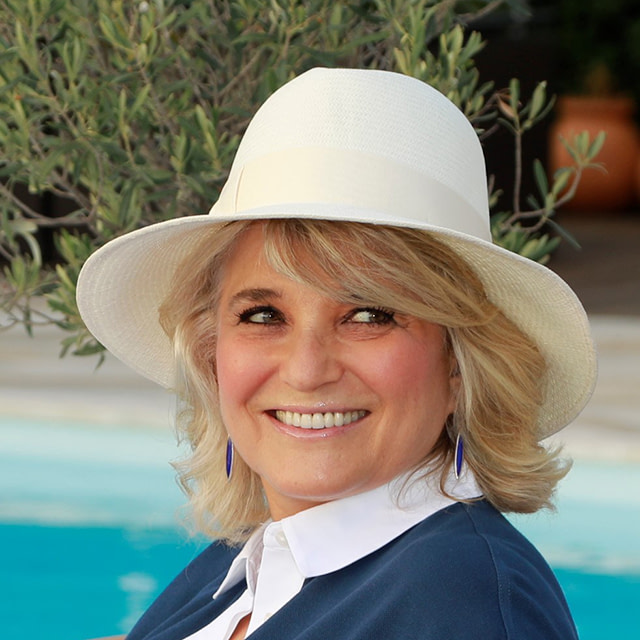My desire for financial independence was always stronger than the desire to own anything (e.g. designer cloth, luxurious vacations or fancy cars). I was fortunate enough to have a professional career that allowed me to support my family, to accumulate savings and make decent investments, but it didn’t provide a way to financial independence. My quest for Financial Freedom and meaningful work led me to becoming an entrepreneur. Leaving a “steady paycheck” job was nerve-racking at first but it felt right even though it was not easy by any means. I made many mistakes and learned a few lessons along the way. That’s what happens when you dare to change life….
I consider myself a risk-taker, which served me well with a few exceptions, especially in the investment arena. When I was very young and reckless, I wanted to become financially free “overnight”. Common sense approach to investment—longer term horizon, rational vs. emotional choice of stocks, diversification as a risk management, etc.—were too slow and boring to me. I used to chase “hot tips”, landed money from my house equity line to a businessman I hardly knew and even invested my entire pension plan in a stock of the company I used to work for. It was performing great… until the stock crushed and I lost almost everything. As you can see, I haven’t used much common sense in my investing at that time. But among all my mistakes, missteps and lessons learned, I had two Financial Freedom rules (a.k.a. common sense):
- Don’t spend more than you earn
- Don’t owe more than you own
I see a lot of people in our country, some are smart and well educated, who are so addicted to spending that no matter how much they earn, they manage to spend even more. There are high-paid professionals like doctors, lawyers, investment bankers and company executives that have higher than average compensation and yet are not financially free because they owe more than they own. They are under enormous continues stress and have to deal with creditors and mounting debt. Apparently, what is most important is not just how much you earn but how much you spend.
Don’t spend more than you earn
If you are tired of “financial slavery’ and currently have a habit of spending more than you earn (have a balance on your credit card, use multiple cards, borrow from your house’s equity line, etc.)–you must cultivate a “financial freedom” habits by following the Financial Freedom rule number one. How? By cutting your spending by 20-50% across the board: bringing home-made lunches to work; cutting on eating out, downsizing–moving to a less expensive town and trading your expensive house for a modest one; selling a brand name car and buying a good but a used one; having low-budget vacations, etc.
You got an idea. Your desire to be financially independent must be stronger than complacency and “I am broke” mentality. You can break the financial slavery habits but you must decide to change your priorities and buy only what you need, not what you want.
In addition to spending less you must find the ways to earn more, to have additional streams of earnings. Start with your passions and hobbies (e.g. writing articles or blogs for others, selling photographs, becoming a real estate agent and selling properties, babysitting, finding prudent multilevel marketing company, etc.) – anything that you can do part-time in addition to your main source of earnings.
Don’t owe more than you own
When you have a lot of debt (e.g. mortgages, car loans, student loans, etc.) you restrict your choices and limit your opportunities because you cannot borrow anymore even for something essential in your life. In the recent real estate crises in the United States, millions of people got burned because they had under-water mortgages when the values of the houses dropped drastically. Most of these homeowners couldn’t sell their properties to repay what they owed even if they wanted. Foreclosures devastated a lot of families who got caught up in the American dream of owning your home no matter what, even if you hardly can afford it.
You must realize that when you borrow money from the bank to buy a new car or a house, you don’t own these things—bank owns it until you pay off your loan. It surely feels like a financial burden to me. Common sense approach would be to own a car instead of leasing it for 36 months (unless it’s a business expense); use only debit card or, if use a credit card, pay in-full for your monthly purchases; pay cash for the asset that doesn’t appreciate overtime (e.g. a car); rent an apartment or a house until you have enough savings to buy it with a very low LTV (loan-to-value ratio); choose a college that doesn’t charge astronomical number for its tuition (if you want to go to college in a first place).
When you decrease your debt to a “sleeping point”—you can comfortably manage your “must pay” expenses–you can start planning to own assets that are likely to appreciate overtime—rental properties with a positive cash flow, precious metals (coins and bars), valuable pieces of art, bonds and stock shares of established dividend paying companies.
Cultivate healthy money habits
Living in fear of bill collectors and feeling overwhelmed about mounting debt is not the life you were meant to have. You can do much, much better! Using common sense and having a calm, stress-free approach to investments and life in general is worth at least as much or even more than financial profits you may get. Once you make a decision to change your priorities in order to become financially independent and cultivate simple and healthy money habits, you will be, without a doubt, on your way to Financial Freedom.
Read more on this topic next week.
To Your Health, Wealth and Happiness,

